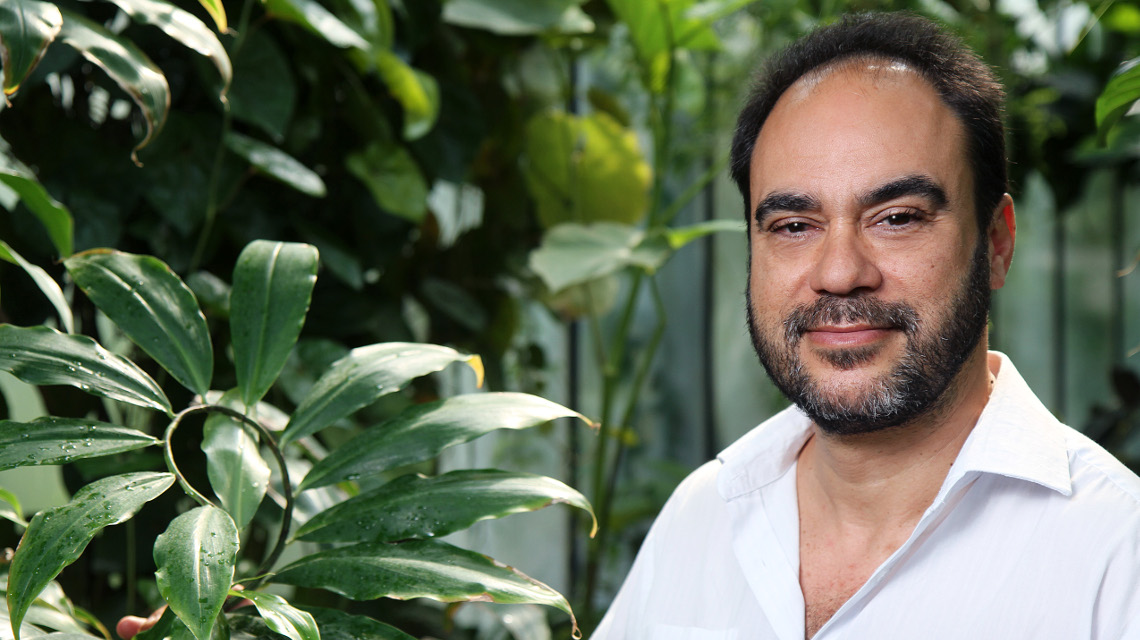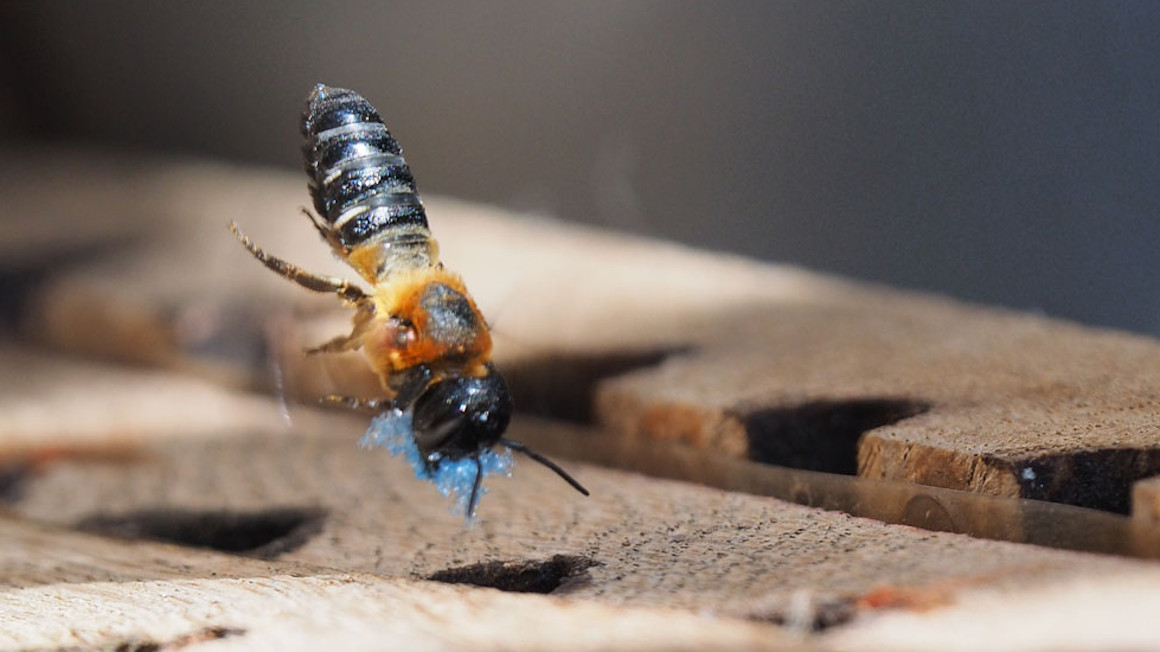Biodiversity in Brazilian rainforests
Brazilian scientist Marcelo Tabarelli received the Humboldt Research Award by the Alexander von Humboldt Foundation. He investigates how mankind affects biodiversity in rainforests.

The rainforest in Brazil with its famous Amazon basin is home to countless animals and plants that function as earth’s green lungs and play an important part for the global climate. However, deforestation and developing new and more sources for raw material severely endangers the biodiversity of that area. Marcello Tabarelli has been investigating for years, exactly how mankind affects the biodiversity within the rainforest. For his pioneering work the biologist at the Brazilian Universidade Federal de Pernambuco now received the Humboldt Research Award by the Alexander von Humboldt Foundation.
Endangered diversity within rainforests
Tabarelli has been working with Burkhard Büdel and Rainer Wirth at the Technical University Kaiserslautern for years. The German-Brazilian research project „Anthropogenic disturbances and the regeneration of the semiarid Caatinga - Brazil's threatened Dry Forest Biome“ is examining, to what extent agriculture and climate change affect and already have affcted the dry forests in the north-east of Brazil – the Caatinga.
Awarding sustainable excellence
From June to September the Brazilian biodiversity expert will visit the TU Kaiserslautern as part of the award in order to continue the research project together with his German colleagues.
The Alexander von Humboldt foundation is granting their annual research awards to “academics whose fundamental discoveries, new theories, or insights have had a significant impact on their own discipline and who are expected to continue producing cutting-edge achievements in the future”. German President Frank Walter Steinmeier will award the Humboldt Research Award in Berlin at the end of June.
bb/jmr


